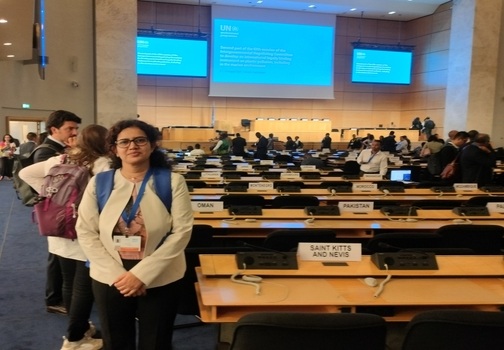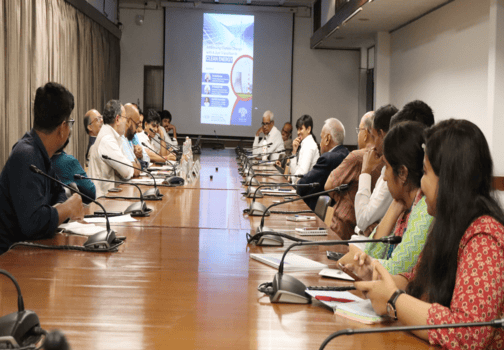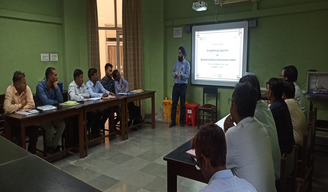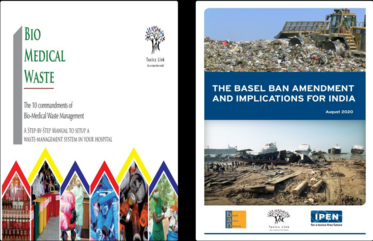POLLUTION FROM TEXTILES
GOVERNMENT OF INDIA
LOK SABHA
UNSTARRED QUESTION NO. 3315
TO BE ANSWERED ON 09.08.2023
POLLUTION FROM TEXTILES
3315. SHRI GAURAV GOGOI:
Will the Minister of TEXTILES be pleased to state :
(a) whether the Government has carried out any study on the high level of pollution generated from
producing textiles and its health impacts associated with, if so, the details thereof;
(b) the details of Government initiatives and plans to address the shortage in supply of the raw materials
and increase in the cost of raw materials; and
(c) whether the Government has taken any initiatives and plans to address infrastructural bottlenecks in
the textile industry, if so, the details thereof?
ANSWER
THE MINISTER OF STATE FOR TEXTILES (SMT. DARSHANA JARDOSH)
(a): The Government, on the basis of studies and analysis carried out from time to time, has
developed the criteria for categorization of industrial sectors based on the Pollution Index which is a function of the emissions (air pollutants), effluents (water pollutants), hazardous wastes generated and consumption of resources. In pursuant to the categorization, Yarn/ Textile processing industries are classified as Red Category industries while Cotton spinning and weaving (medium and large scale) are
classified as Orange Category industries
(b): With a view to ensure adequate availability of cotton to the textile industry, the Government of India mandates the Cotton Corporation of India (CCI) to undertake MSP operations of cotton. Additionally, the Ministry of Agriculture in association with the Ministry of Textiles is undertaking a special project through ICAR-CICR Nagpur with a budget outlay of Rs. 41.87 crores under NFSM for targeting technologies such as High-Density Planting System (HDPS), closer spacing, and production technology for ELS cotton. For the cotton season 2022-23, the estimated cotton production in the country is 343.47 lakh bales which is about 10% higher in comparison to the estimated cotton consumption of 311 lakh bales. Additionally, Textile Advisory Groups have been constituted as informal bodies that facilitate inter-Ministerial coordination and representations of stakeholders to deliberate and recommend on the issues pertaining to cotton and man-made fibre value chain.
(c): In order to make the Indian textile industry globally competitive, attract large investments and boost employment generation, the Government has approved setting up of PM Mega Integrated Textile Region and Apparel (PM MITRA) Parks in 7 states, namely, Tamil Nadu, Telangana, Gujarat, Karnataka, Madhya Pradesh, Uttar Pradesh, and Maharashtra with world-class infrastructure including plug and play facility with an outlay of Rs. 4,445 crore.






